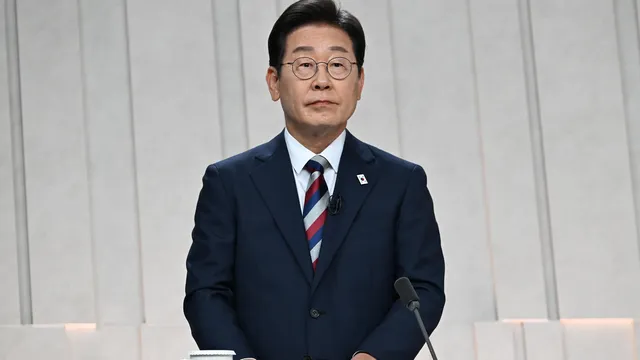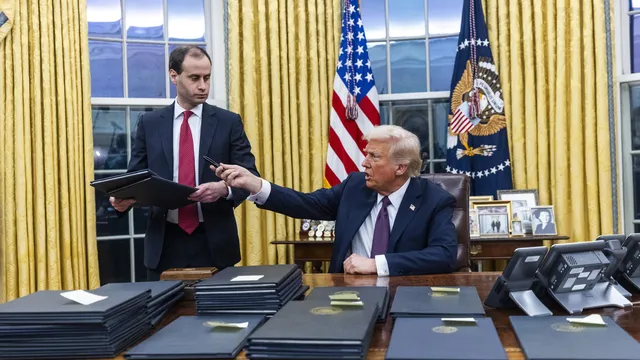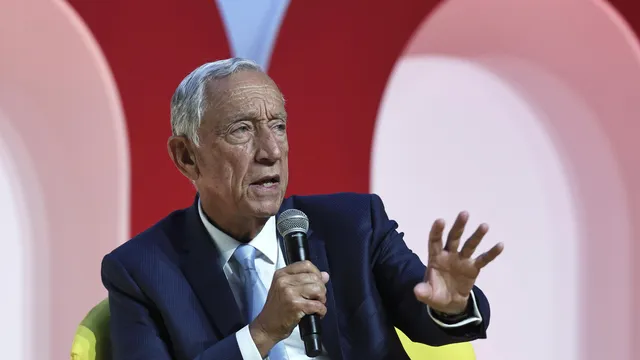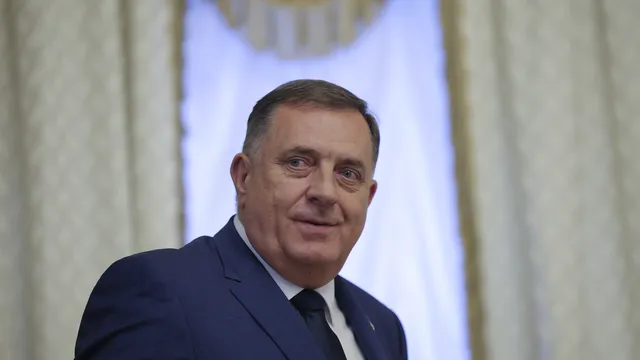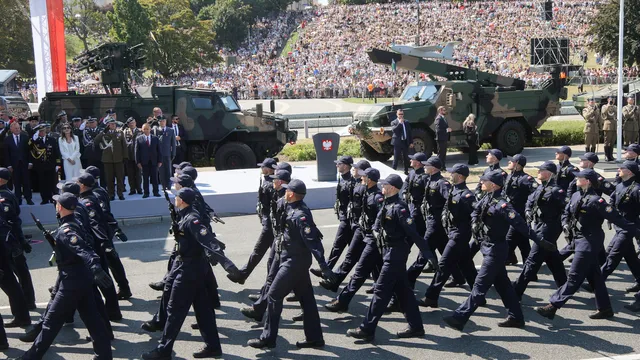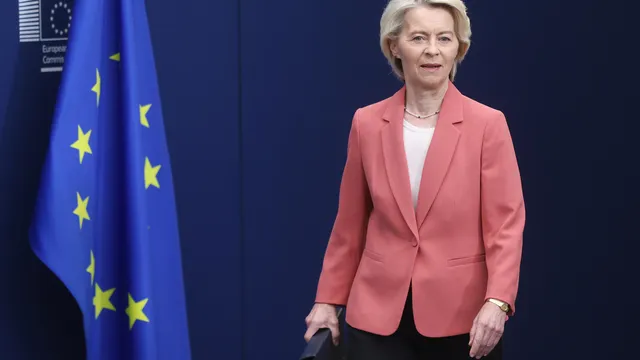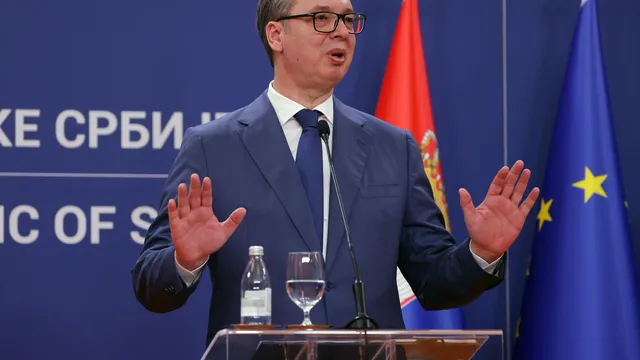“We are at a historic turning point - whether we will continue to be a democratic republic or become a country of dictators,” said South Korea's leading presidential candidate Lee Jae-myung.
Lee's second presidential campaign has been accompanied by heightened security measures, with speeches delivered behind bulletproof glass, bodyguards forming a protective circle, snipers positioned on rooftops, and bomb-sniffing dogs searching the area.
His political career includes serving as governor of Gyeonggi Province in 2018, a position he held until 2021, when he left to focus on the 2022 presidential election. Prior to that, he served as mayor of Seongnam for eight years, starting in 2010.
During his terms in office, he earned a reputation as a liberal leader who closed dog meat restaurants in the name of animal welfare.
“The city of Seongnam will take the lead in changing South Korea's image, because ‘the greatness of a nation can be judged by the way it treats its animals,’” he said in 2016, quoting M. K. Gandhi.
Last year, he even survived a knife attack to his neck during a visit to the southern port city of Busan.
Nearly six months after conservative President Yoon Suk-yeol imposed martial law on December 3—leading to his impeachment 10 days later—South Korea is heading to the polls for historic early elections.
The martial law imposed by Yoon lasted less than a day — an unprecedented and unexpected move that plunged the country into a day of panic.
But the political reactions and civil unrest that emerged at the time are still smoldering.
Three years ago, Lee lost to Yoon by less than 1%—the smallest margin South Korea has ever seen.
However, he emerged as the favorite in the June 3 snap election.
The Democratic Party candidate won nearly 90% of the vote to be elected as the party's representative last month.
Lee has long been regarded as an idealistic politician. Growing up in Seongnam, a satellite city of Seoul, his transformation into the leader he is today is intertwined with his upbringing in extreme poverty.
As a child, he had to give up formal education to work in factories to make ends meet, often using a false identity to avoid legal restrictions on working age. Meanwhile, he managed to finish high school and went on to graduate as a lawyer, representing trade unions and workers' rights and social justice causes.
However, Lee is no stranger to scandal. He is still on trial on charges of bribery and corruption related to development projects during his tenure as mayor of Seongnam. Lee has called the charges “fabrications” and a “political conspiracy.”
In March, he was even fined 3 million won for failing to comply with a court order to testify in the case. The hearing was postponed until after the early elections.
In addition, the opposition leader was accused last year of transferring illegal funds to the Ssangbangwool Group to send $8 million to North Korea between 2019 and 2020 to organize a visit to Pyongyang.
It was against this backdrop that Lee appeared live, jumping over the walls of the country's parliament to vote against Yoon's martial law and military coup, positioning himself as the standard-bearer of the movement that led to Yoon's impeachment just a few days later.
However, during his second presidential campaign, Lee changed his image, abandoning his fiery progressive roots in favor of a centrist platform.
An activist during his student years and a politician who quoted Bernie Sanders, he quickly transformed his long-standing belief system in favor of business-friendly voters.
He shifted his staunchly liberal belief system toward moderation, going so far as to call himself a “conservative” to reassure moderate voters. He emphasized “corporate growth” and suggested that longer working hours could be crucial to the growth of certain sectors.
The country is at a sharp political crossroads — Lee's right-wing opponent, Kim Moon-soo of the People Power Party and former labor minister Yoon, portrays him as a “dangerous man” and “a harbinger of monstrous policies and dictatorship.”
Kim, who is dealing with the baggage of disgraced President Yoon's attempts at a military coup, was quick to distance himself from his predecessor's actions.
Although he closed his polling stations in the final stage of the campaign after publicly criticising Yoon's military situation, he still faces an uphill battle as voters are no longer inclined to trust a party which has seriously compromised the democracy that is the pride of the country.
Against the backdrop of political struggles, threats of simultaneous tariff negotiations loom over South Korea following the start of Donald Trump's presidency.
On the diplomatic front, Lee has shifted the Democratic Party's position on China, saying, “We must not neglect our ties with China or Russia,” adding that there is no need for an unnecessarily hostile approach as is currently the case.
Asia's fourth-largest economy — which is on its third interim leader in less than six months — is now hoping for a stable government, and with Lee so close to victory that it can almost be felt, the nation is holding its breath on the brink of a political turning point. | BGNES

 Breaking news
Breaking news
 Europe
Europe
 Bulgaria
Bulgaria
